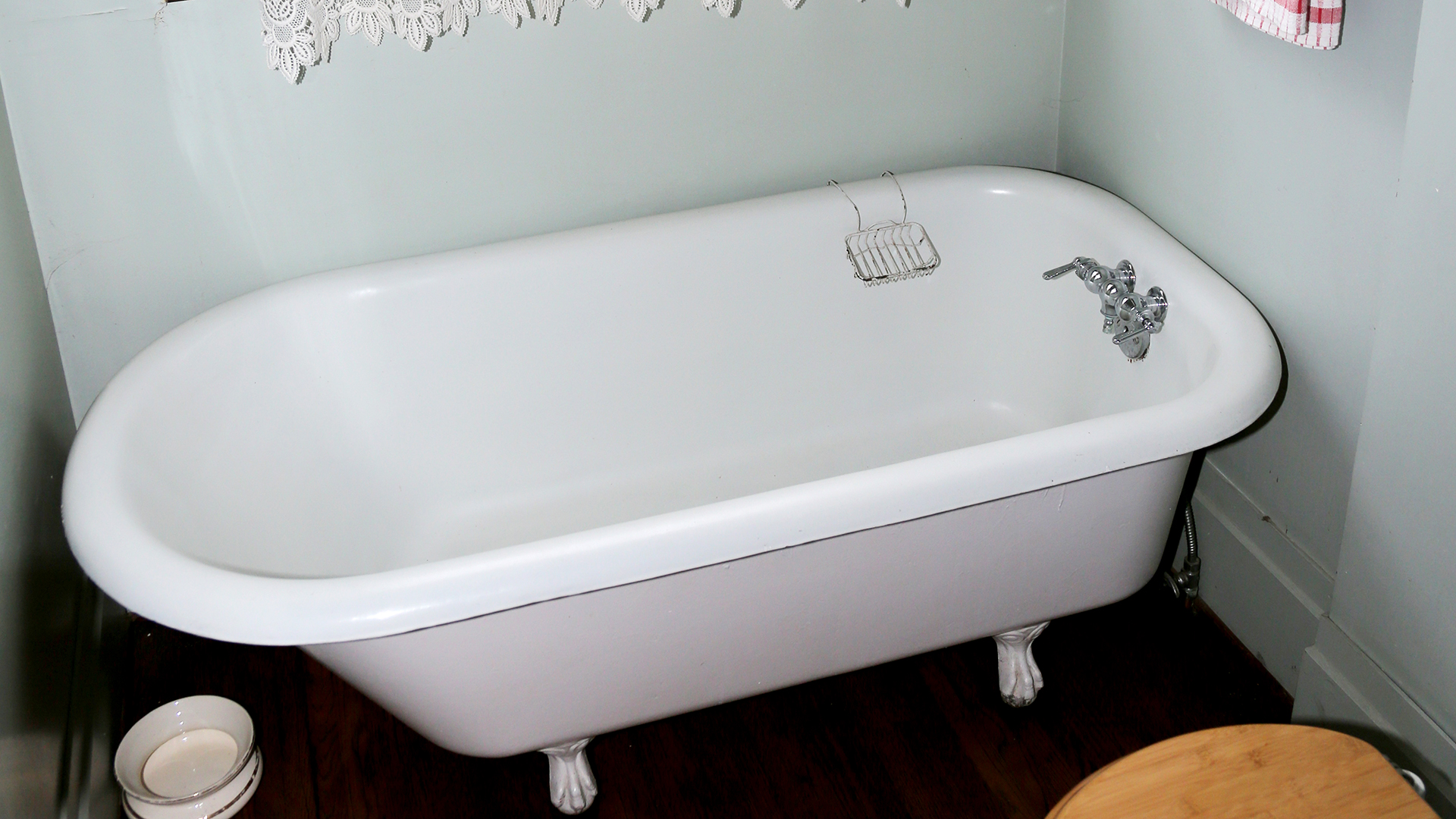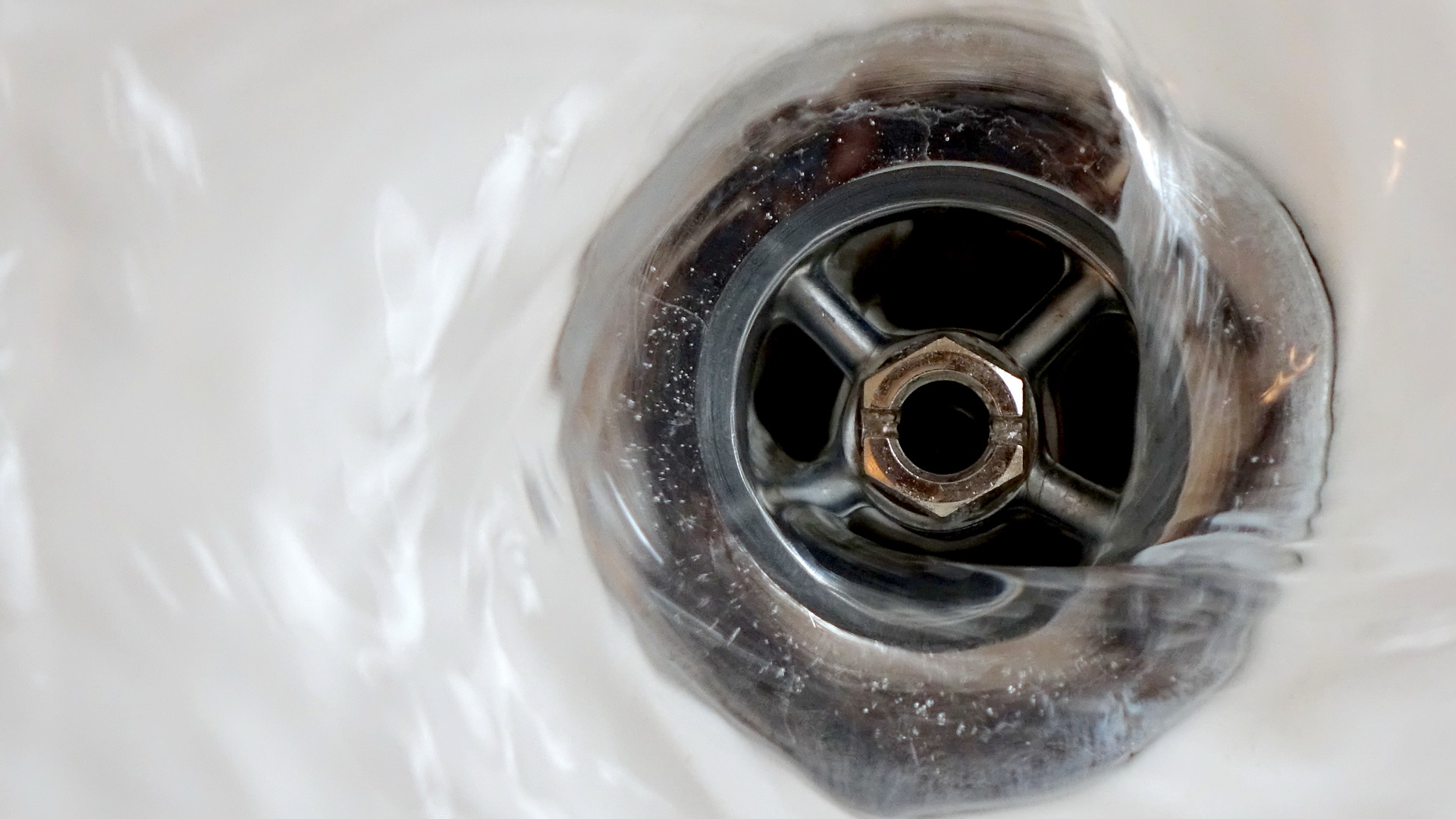My palms were sweating. My knuckles were white. I was wondering what I had gotten myself into. I don’t remember ever being more focused in my life. As I gently eased the aircraft down onto the runway like I had done a hundred times, I was glad to hear the tires squeak and feel my body sink into the seat before turning off the runway and returning to my instructor. I had taken off and landed with him in the right seat dozens if not hundreds of times. The only thing different was that my instructor wasn’t sitting by my side this time: he was watching (probably nervously) from the airport as I circled around and landed. I’ve come to think of landings as a critical phase of flight but nothing like the stress I felt that day.
Habituation
What we know about our human condition is that we learn new skills by concentrating on them. When things are novel, we engage resources and focus our attention on them, but this comes with a cost. It consumes a relatively large amount of energy. Our brains already consume 20-30% of our glucose (energy) but represent only 2-3% of our body mass. We can’t keep our brains actively thinking. Instead, we convert normal things into patterns and systems that can be run with very little concentration.
Your first time driving a car commanded your entire attention. Now, whether or not the laws in your state support it or not, you’ll talk on the phone, listen to music, eat, put on makeup, shave, or do a hundred other things that divert your attention from the task of driving. Driving has become routine, and it doesn’t demand any attention.
Once something is habituated, we can expect performance without concentration.
Concentration Disruption
In fact, once something has been habituated, any attempt to access it consciously decreases performance. Instead of our concentration adding value, it slows down the normal processing and can make things not work. Top-performing individuals like athletes talk about being in flow and the negative -outcomes when they can’t get into flow.
Whether we’re doing something habituated or learning something for the first time and concentrating, the performance won’t be what you’d expect from someone who does it all the time. This performance difference can convert a simple disruption in routine into a critical burnout problem.
Performance Expectations
If you expect that you’ll perform at the level of someone who has a great deal of experience, and then you don’t, you’ll be disappointed. You’ll naturally wonder if you’re effective at the task or if you should stop doing it. If you’re focusing your concentration on something and it gets worse, you may wonder what’s wrong with you. Isn’t performance supposed to go up with attention?
Rather than performance expectations going up, they should go down. Ask any professional athlete who chose to rebuild a skill to improve their performance if they didn’t have a performance dip. Everyone who can be honest will tell you that they did. It’s a natural part of the process.
Burnout Inefficacy
Burnout is ultimately about our perception of our efficacy or inefficacy. When we feel like we’re not able to meet the performance expectations we have, we feel ineffective, and burnout isn’t far behind. If we want to head burnout off at the pass, we need to realize that if our routines are disrupted, we’re going to have a performance dip. That performance dip doesn’t mean we’re not effective. It means that the natural result of the transition is happening. We just must wait to get past it – and past the critical cause of burnout.




